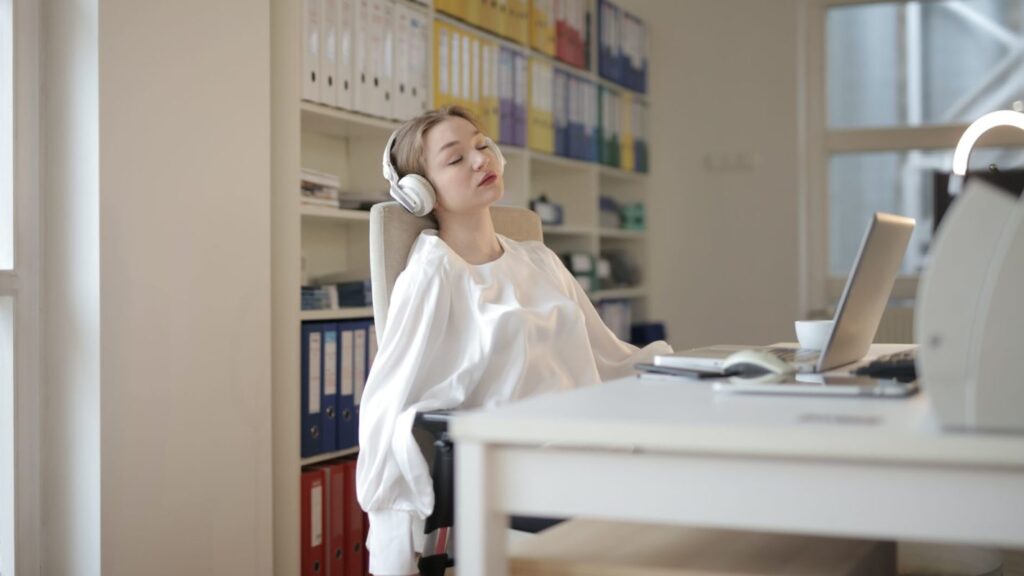Its 3:30 am, everything is quiet and calm. Everyone in your family is fast asleep, probably lost in their dreams. You look at them rather enviously because something as basic as a good night’s sleep is a luxury that you can’t afford. You’ve tossed and turned in bed hour after hour hoping for sleep to take over… but, it never does. And when you finally managed to fall asleep, your alarm rings and you have to drag yourself out of bed to get to work. Does this sound like you? Well, I understand.
Insomnia is a particularly hard condition to live with. It robs you of your night’s sleep, drains your mental health, and also puts your physical health at risk. Insomnia might seem trivial at first, but with time, it can lead to several complications. People with insomnia are more likely to develop depression, anxiety, diabetes, high blood pressure, weakened immunity, and a host of other conditions.
Dealing with insomnia is hard. But, here are a few things you can try, to get that much-needed sleep every night.
1) Set a sleep schedule and stick to it
It is important for everyone to set a sleep schedule but, if you are an insomniac, it becomes all the more important. Training your body and brain to sleep and wake up at the same time every single night creates a pattern and routine. Over time, your brain gets used to these timings and you will feel sleepy when the time hits.
2) Meditation
Never underestimate the power of a good meditation session. A study conducted by JAMA Internal Medicine a few years ago found that men who practiced mindfulness meditation had less insomnia, depression, and fatigue. Meditation is the practice of bringing your mind’s attention to the present and letting go of all concerns of the past and future. This practice puts your brain in a much more relaxed state in turn, helping you sleep better.
3) Avoid afternoon naps
Afternoon naps might seem like a good way to relax and catch up on some sleep, but that’s not the case. The more you sleep during the day, the less likely you will be to fall asleep at night. Avoiding afternoon naps can actually help you stick to your sleep schedule better.
4) Limit screen time before bed
If you have the habit of checking your phone o watching tv before going to bed then it’s high time that you ditch it. Using smartphones, laptops, televisions, or any other electronic devices before bed suppresses the release of the sleep-inducing hormone melatonin and increases your alertness. This makes it all the more difficult for you to fall asleep. So keep away from your gadgets for at least an hour before bed.
5) Limit your consumption of caffeine, nicotine and alcohol
We all are aware of the effects caffeine has on our brain. It suppresses your urge to sleep and reduces tiredness. These effects can last up to 24 hours. So, limit your caffeine consumption in the afternoon and completely avoid it after sunset. Alcohol, on the other hand, can cause frequent awakenings at night, and can seriously deter the quality of your sleep. So, keep away from it.
Conclusion:
Living with insomnia is not easy. It can be mentally exhausting and physically draining. But, making these small yet, significant changes to your lifestyle, can help you cope with this condition a lot better.
References:
https://www.sleepfoundation.org/articles/why-electronics-may-stimulate-you-bed
https://www.healthline.com/health/sleep-deprivation/effects-on-body

